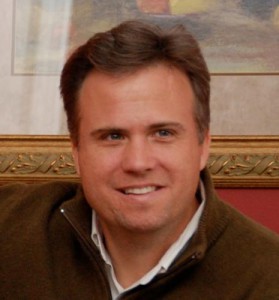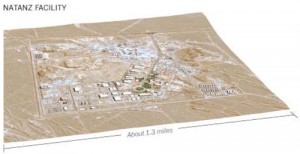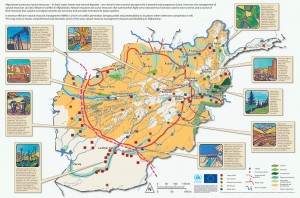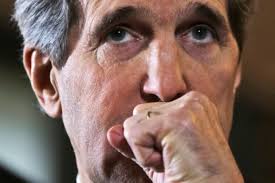Jonathan Cook
Counterpunch:, 2013-09-18
Nazareth.
President Barack Obama may have drawn his seemingly regretted “red line” around Syria’s chemical weapons, but it was neither he nor the international community that turned the spotlight on their use. That task fell to Israel.
It was an Israeli general who claimed in April that Damascus had used chemical weapons, forcing Obama into an embarrassing demurral on his stated commitment to intervene should that happen.
According to the Israeli media, it was also Israel that provided the intelligence that blamed the Syrian president, Bashar Al Assad, for the latest chemical weapons attack, near Damascus on August 21, triggering the clamour for a US military response.
It is worth remembering that Obama’s supposed “dithering” on the question of military action has only been accentuated by Israel’s “daring” strikes on Syria – at least three since the start of the year.
It looks as though Israel, while remaining largely mute about its interests in the civil war raging there, has been doing a great deal to pressure the White House into direct involvement in Syria.
That momentum appears to have been halted, for the time being at least, by the deal agreed at the weekend by the US and Russia to dismantle Syria’s chemical weapons arsenal.
To understand the respective views of the White House and Israel on attacking Syria, one needs to revisit the US-led invasion of Iraq a decade ago.
Israel and its ideological twin in Washington, the neoconservatives, rallied to the cause of toppling Saddam Hussein, believing that it should be the prelude to an equally devastating blow against Iran.
Israel was keen to see its two chief regional enemies weakened simultaneously. Saddam’s Iraq had been the chief sponsor of Palestinian resistance against Israel. Iran, meanwhile, had begun developing a civilian nuclear programme that Israel feared could pave the way to an Iranian bomb, ending Israel’s regional monopoly on nuclear weapons.
The neocons carried out the first phase of the plan, destroying Iraq, but then ran up against domestic  opposition that blocked implementation of the second stage: the break-up of Iran.
opposition that blocked implementation of the second stage: the break-up of Iran.
The consequences are well known. As Iraq imploded into sectarian violence, Iran’s fortunes rose. Tehran strengthened its role as regional sponsor of resistance against Israel – or what became Washington’s new “axis of evil” – that included Hizbollah in Lebanon and Hamas in Gaza.
Israel and the US both regard Syria as the geographical “keystone” of that axis, as Israel’s outgoing ambassador to the US, Michael Oren, told the Jerusalem Post this week, and one that needs to be removed if Iran is to be isolated, weakened or attacked.
But Israel and the US drew different lessons from Iraq. Washington is now wary of its ground forces becoming bogged down again, as well as fearful of reviving a cold war confrontation with Moscow. It prefers instead to rely on proxies to contain and exhaust the Syrian regime.
Israel, on the other hand, understands the danger of manoeuvring its patron into a showdown with Damascus without ensuring this time that Iran is tied into the plan. Toppling Assad alone would simply add emboldened jihadists to the troubles on its doorstep.
Continue reading “Chuck Spinney: Israel Still Angling for Attacks on Syria and Iran”








